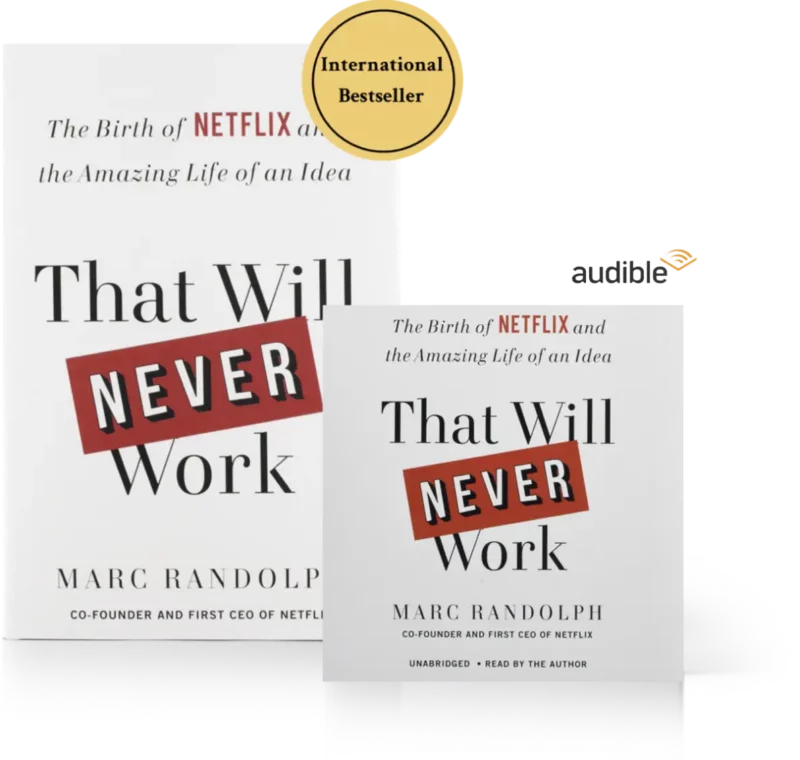Radical Honesty
Honesty isn’t just the best policy. It’s the only policy.

Honesty isn’t just the best policy. It’s the only policy.
A key tenet of the Netflix culture is something referred to as “radical honesty.” Simply put, it is the belief that if you think something, you should say it.
This wasn’t something Reed and I dreamed up, or thought would look good in a culture deck. It’s just the way we were. We felt that there was no place in business for shading the truth, avoiding difficult conversations, or saying something about someone that you wouldn’t say to their face. Between us, bad news first was more than just a slogan.
25 years later, radical honesty is still around. And Netflix takes it to the ‘nth degree. Compensation is discussed openly. Highly confidential financial information is disclosed at company meetings. People don’t leave the company to “spend more time with their families” or “pursue other projects” – they are “let go,” and the real reasons are shared with the team so everyone can learn from them.
When success requires trust and collaboration there simply isn’t time to not say exactly what you are thinking.
But “honesty is the best policy” has a flip side, “dishonesty is a waste of time.”
– Every time you fill a new position and pay them more than you are paying the incumbents, I promise the incumbents will eventually find out. You’ve not only angered your team, but you’ve also destroyed your credibility. So either give them a raise or carefully explain the reason why you are not.
– Every time you dismiss someone but don’t share the real reasons with the rest of the team, you’ve lost a huge opportunity to prove to the entire company that the standards you claim are important – actually are.
– And every time you lose a deal but don’t share the real reasons for fear of making someone “look bad,” you may have helped someone save face, but you have lost an even greater opportunity to improve your product and your process.
But the real reason dishonesty is a waste of time is because nothing ever stays secret. Or, as a crisis communication manager once advised me, “It’s never a question of IF the truth will leak out – It’s just a question of when.”
And once your team discovers you can’t be trusted on the trivial things, they’ll never trust you again on the important ones.
Trust me on this: a reputation for honesty takes years to build, but a single bad decision to destroy.
Would I lie to you?
Many ideas in this post were first discussed in the Neverland entrepreneurial community. Join us there!
RECOMMENDED FOR YOU
What the Freedom & Responsibility Culture Could Mean to Your Company
Podcast Episode 72
Is it a Culture Problem or a Hiring Problem?
October 25, 2022 • 38 min
